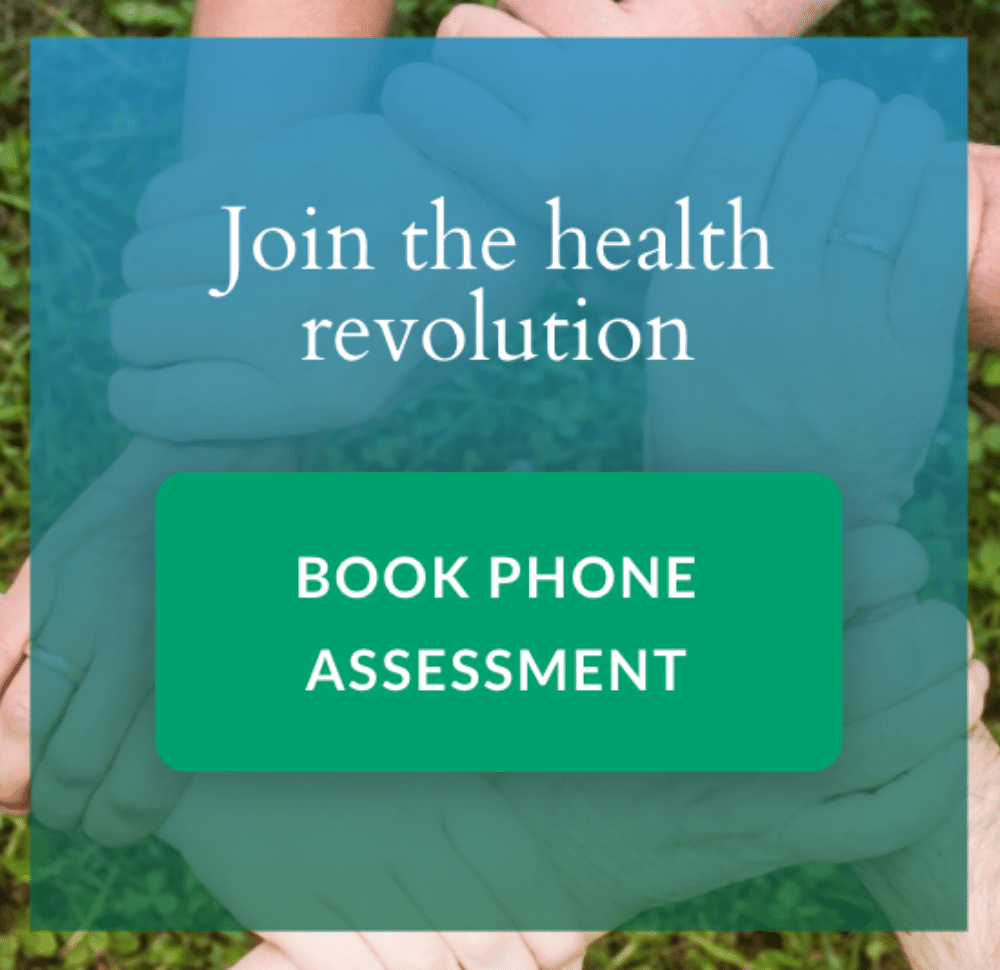The COVID-19 pandemic has brought abrupt changes to the day-to-day life of many Canadians.
Many have lost their jobs, found themselves distanced from their support systems and are left feeling anxious about the future.
Unfortunately, it has been predicted that the aftermath of this situation could have a long-term impact on Canada’s mental health.
Although the CDC has offered strategies to help cope with the stress and anxiety surrounding this pandemic, maintaining a healthy mental state is already a struggle for a large number of people.
By the time they reach 40 years of age, 1 in 2 Canadians has (or have experienced) mental illness. These individuals are especially vulnerable during these challenging times, and many are seeking help to cope in this unusual environment.
Finding effective ways to help manage depression and mental illness is important, and often requires a multidisciplinary approach. In addition to medication, the support of a psychologist or mental health professional is often recommended. But for those seeking an alternative to traditional antidepressants, there is a natural option that has been showing promise in treating mental health symptoms: cannabis.
How does Cannabis help depression?
The symptoms of depression vary from person to person, but often include:
- Feelings of helplessness
- Loss of interest in daily activities
- Changes in weight or appetite
- Changes in sleep patterns
- Changes in mood
- Loss of energy
- Aches and pains
In previous articles we have shared, we have discussed the effectiveness of cannabis in addressing many of these symptoms.
For those having difficulty sleeping, THC has been shown to help improve sleep quality and duration.
The powerful anti-inflammatory and analgesic properties are also well-known, making medical cannabis a popular choice for those with chronic pain.
It’s ability to mimic the effects of Selective Serotonin Reuptake Inhibitors (SSRI’s) can boost the frequency of serotonin signals, which can reduce anxiety and help improve mood for some individuals.
But what about the feelings of helplessness and hopelessness that often precede many of the other symptoms of depression?
It starts with the ECS
Before we dive into the research, it is important to understand the basics of why cannabis can be so beneficial when treating mental health symptoms.
It all starts with the endocannabinoid system (ECS). This complex biological system helps regulate important functions such as mood and sleep patterns. In the human body, especially in the brain, there are high concentrations of endocannabinoids and their receptors.
The cannabinoids found in cannabis (exogenous cannabinoids) fit perfectly into these receptors, helping to improve a myriad of physiological and cognitive processes.
Can cannabis fight negative emotions?
In 2013, a study was conducted to identify the involvement of the endocannabinoid system (ECS) in emotional processing. The ability to accurately process emotional information is essential in maintaining relationships and practising appropriate social interaction. Abnormal emotional processing is often a characteristic behind a variety of psychiatric disorders, including major depression.
In this case, the participants were administered a placebo or the cannabinoid THC (Tetrahydrocannabinol), and pharmacological magnetic resonance imaging (fMRI) assessed brain activity during exposure to negative and positive stimuli.
It was discovered that following THC administration, negative bias was reduced, and participants were more impacted by the positive content. These exciting findings suggest that the ECS may play a role in abnormal emotional processing, and its connection to mental health deserves further research.
In a 2018 study published by Washington State University in the Journal of Affective Disorders, it was found that smoking cannabis reduced self-reported levels of anxiety and depression amongst participants.
However, the results showed the most impact for short-term use, with some participants experiencing worsening symptoms following prolonged use. This enforces the importance of treating mental health with a multidisciplinary approach – relying solely on medication is often inadequate in many cases of depression. Patients should work with a psychologist or mental health professional when seeking treatment.
Cannabis for Depression
Visit our Calgary and Edmonton Medical Cannabis Clinics
Our Calgary and Edmonton cannabis prescribing doctors can help suggest a treatment plan to help manage your depression symptoms. Our team will guide you in selecting a licensed producer as well as the registration.
Appointments for Alberta residents are free and covered by Alberta Health Services. Prior to your medical consultation with one of our licensed physicians, you will be educated on how medical cannabis works in our body and how it reacts to our endocannabinoid system.
During your education session with a Cann-Expert, you will learn:
- The main differences between an Indica, Sativa, and Hybrid strain
- Benefits of THC, CBD, and Balanced strains
- The body’s unique Endocannabinoid Systems (ECS)
- The timing of inhalation vs ingestion
- At the time of your consultation, your Revolution Medical Cannabis doctor will review your medical history and ensure that cannabis will not conflict with any medications you’re currently taking.
Treating mental health is a multidisciplinary approach; your doctor may also refer you to a psychologist.
If you are having thoughts of suicide or self-harm, please call Health Link at 811 or the Mental Health Help Line at 1-877-303-2642.
Click here for more suicide prevention information from Alberta Health Services.


